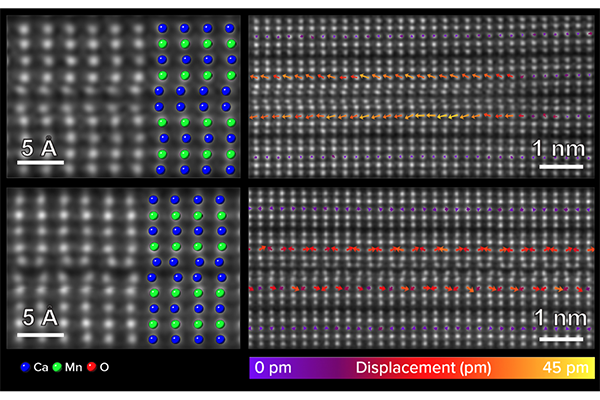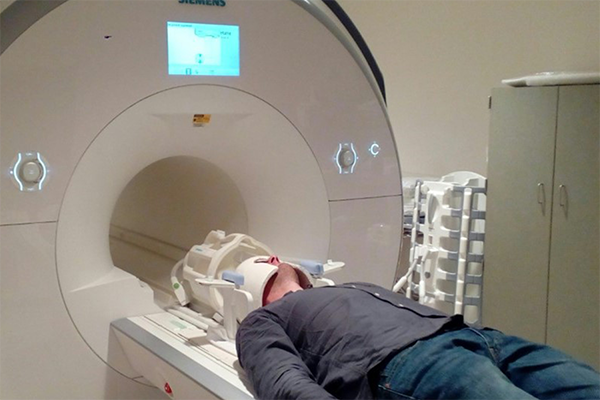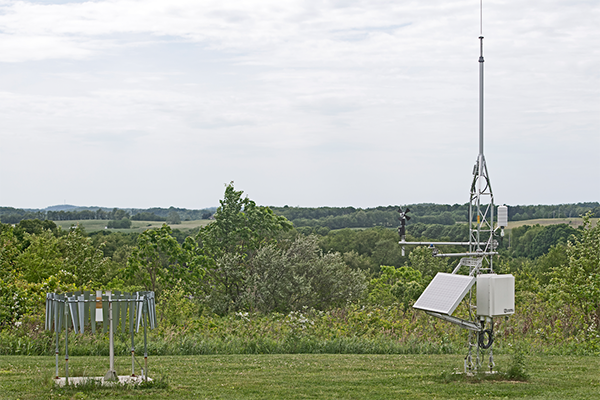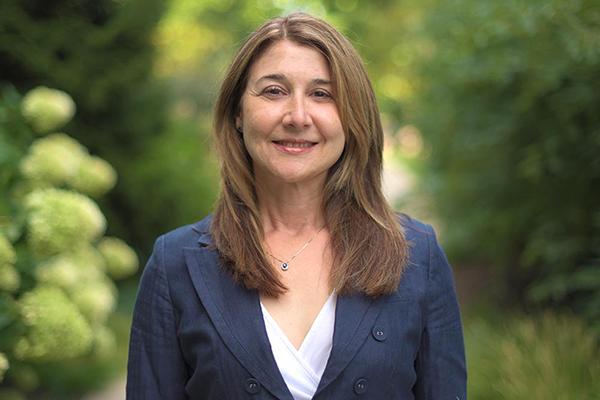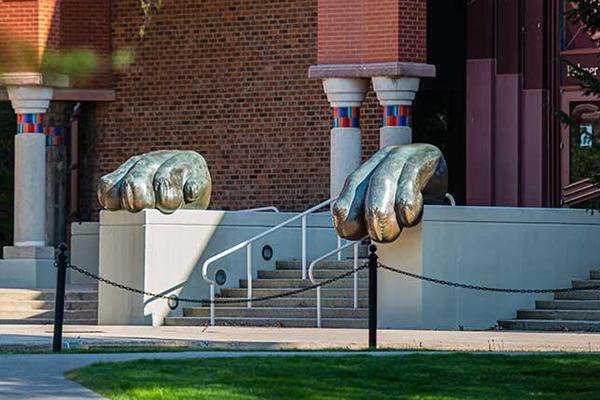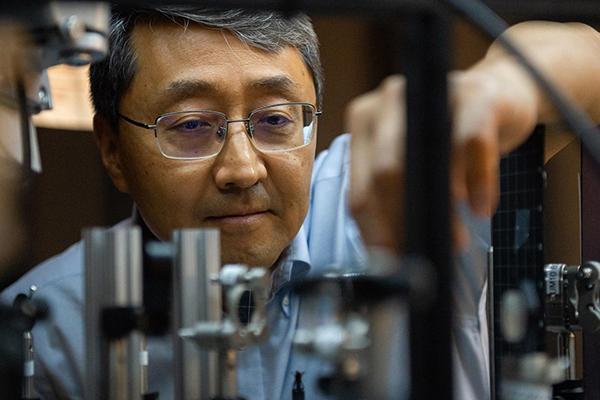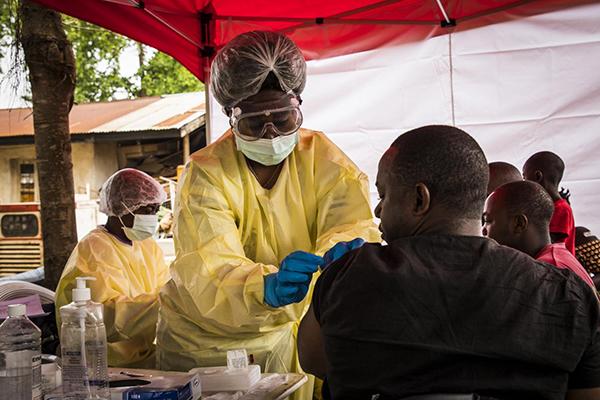Two Penn State researchers provided key leadership in the creation of a report to the National Science Foundation (NSF) on engineering research areas that need to be better developed to address climate change.
Governments and societies around the world face increasing urgency in responding to climate change by accelerating the transition to a low-carbon energy system but differing views remain on the combination of energy technologies that will best achieve this goal.
A team of researchers have observed and reported for the first time the unique microstructure of a novel ferroelectric material, enabling the development of lead-free piezoelectric materials for electronics, sensors, and energy storage that are safer for human use.
An academic/enterprise partnership that includes Penn State researchers is developing a new dielectric material to enable magnetic resonance imaging (MRI) machines with shorter scan times and higher image resolutions, good news for cutting the cost of MRI scans for the hospitals and for patients who struggle with MRI-related anxiety.
Penn State Fayette, The Eberly Campus has installed a weather station on campus as part of the Pennsylvania Environmental Monitoring Network, which includes 20 similar systems across the commonwealth.
Susan Sinnott, head and professor of materials science and engineering at Penn State, has been selected to receive the 2022 Medard W. Welch Award, the top research award from the American Vacuum Society (AVS).
Did you know that there are dozens of museums and collections across the University Park campus? Millions of specimens, including fish, birds and insects, historic objects, and cultural artifacts including paintings, sculptures, scientific and musical instruments, and more, are waiting at almost every turn.
Seong Kim, Distinguished Professor in Chemical Engineering and associate head of the department at Penn State, was named this year’s recipient of the Hayashi Jisuke Prize from the Cellulose Society of Japan.
Mark Ortiz, President’s Postdoctoral Fellow in the Department of Geography at Penn State, will discuss the work of transnational youth movements across the physical and digital spheres and the movements’ distinct visions of climate justice at 3:30 p.m. on Friday, Sept. 9 in 112 Walker Building and via Zoom.
An interdisciplinary team from Penn State has been awarded $2.3M from the National Institutes of Health and the National Science Foundation’s joint Ecology and Evolution of Infectious Disease (EEID) program to evaluate the vulnerability of certain populations to disease outbreaks, with the goal of improving outbreak response and preventing future outbreaks.




